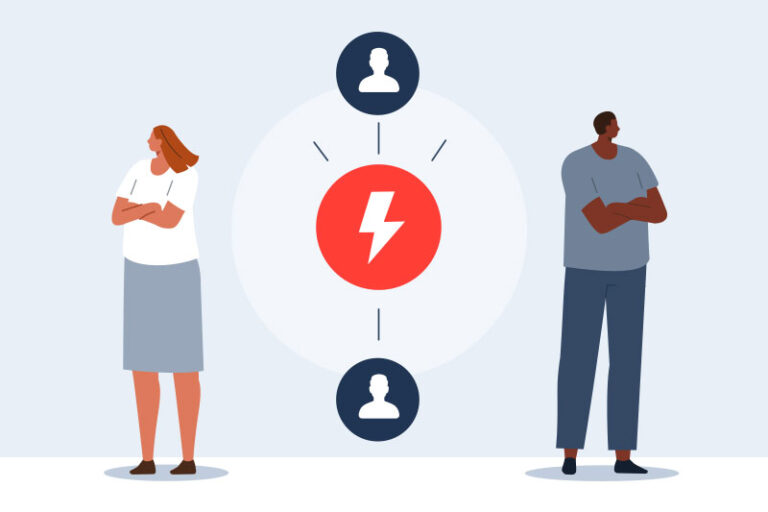Got The Job

For veterans, especially those coming off of active duty, starting a new job means learning a whole new way of doing business.

For veterans, especially those coming off of active duty, starting a new job means learning a whole new way of doing business.

A job interview is just like any mission—no matter how well you did, there are always some areas you can improve.

So, you have been offered a job. Congratulations! Before you say yes, consider whether this position and company will be a good fit.

No matter how well you think the interview went, your last impression is crucial. Even after you leave, you still have the chance to set yourself apart from the herd.

There’s a reason service members refer to nonmilitary life as “the civilian world.” It's a whole new way of life—complete with its own rules and expectations.

Interviews are hard enough as it is—adding the kind of impossible questions that people ask veterans every day can make them even worse.

The one-size-fits-all military image isn’t always right for the civilian job market. Here are a few things to think about.

The military gave you habits that will be great in an interview, but there are some traits you’ve acquired in your service that will work against you.

Part of the reason job interviews are stressful is that they’re so unusual. But if you’ve ever prepared for a military board, you’re ahead of the game.

Job interviewers may be confused about the requirements of your service. Prove that your service is a benefit to them.